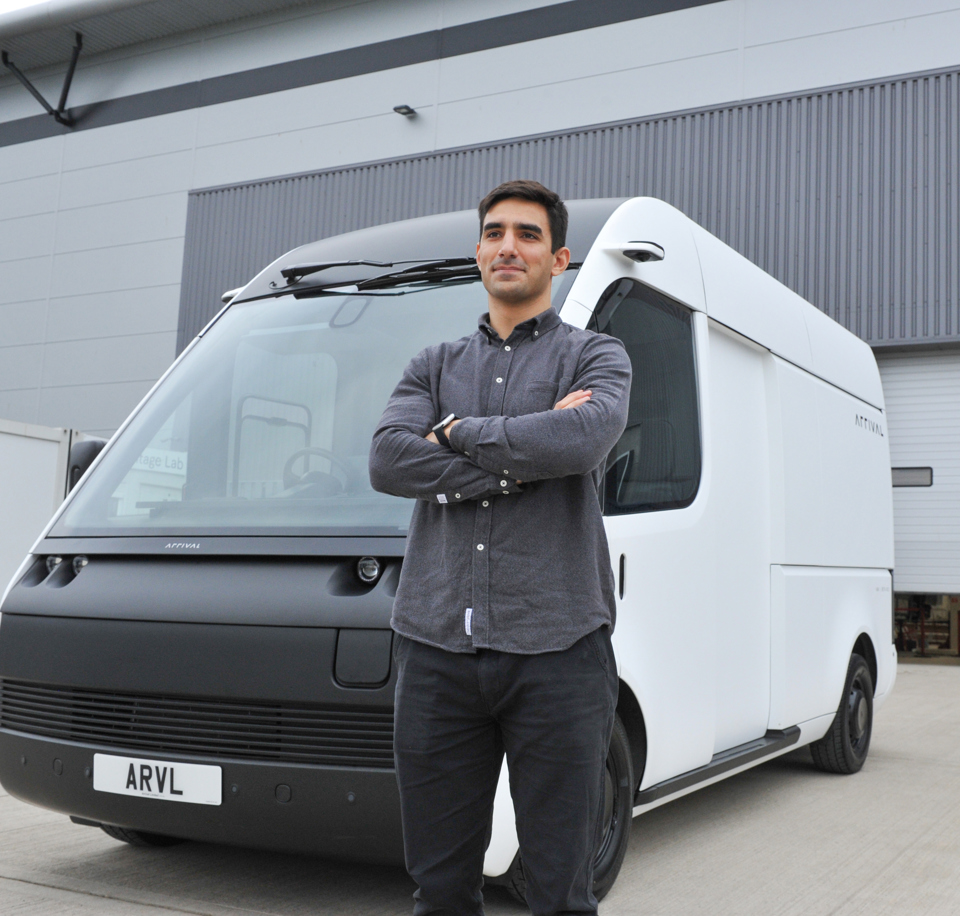Electric vehicle start-up specialist Arrival believes its collaboration with global delivery giant UPS will give it an edge when its first vehicle, a 3.5-tonne full electric van, goes into full production later this year.
UPS, which has already placed an order for 10,000 vans, the first of which will be delivered this quarter, has helped to finetune and evolve the design, technology and key features to maximise the vans’ usefulness, reliability and durability, after running trials for the past couple of years.
“UPS’s involvement has been critical and a differentiating factor for us to engage with fleets so early on in the process,” said Arrival vice president of product Patrick Bion. “They wanted to influence the design of the vehicle but couldn’t with other manufacturers, but we could offer them that opportunity.
“It has helped us to understand and improve durability and duty cycles and address battery degradation. The trials were an opportunity to test, find and solve problems.”
UPS feedback on incident damage enabled Arrival to assess which panels should be bonded and where they should be split to speed up replacement.
Other features influenced by UPS included the removal of door hinges and handles, a traditional weak point on vans through overuse. Instead, Arrival vans have a sliding nearside door which open via a capacitive touch point.
UPS also influenced the lower floor height, making access easier and reducing the potential for knee damage by drivers leaping from the cab, and the walk-through bulkhead.
Other design tweaks include bringing the driver closer to the windscreen which has been extended lower by pushing the dash line down. This improves driver visibility by 20% and minimises the blindspot – a young child can be spotted several metres closer to the vehicle, for example.
The changes have helped Arrival to minimise the total cost of ownership, which Bion claims is typically 17-18% lower than a comparable diesel product.
> Interested in comparing electric vehicle data? Check out our EV tool.
> Interested in ensuring the efficient use of EVs. Check out our dedicated editorial sections: Insight & policy | EV news | Charging & infrastructure | Costs & incentives | Benefit-in-kind | EV case studies | EV road tests





















Login to comment
Comments
No comments have been made yet.